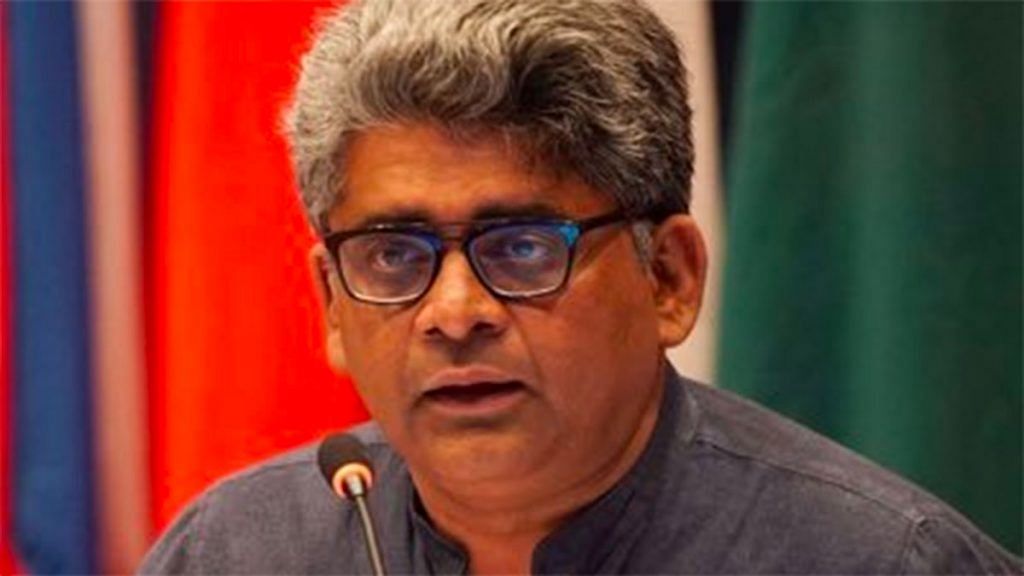New Delhi: There needs to be greater accountability on how public money is spent, but the civil services and the politicians are not worried about outcomes, panelists at the Centre for Policy Research (CPR) Dialogues 2020 said in New Delhi Tuesday.
“I can’t expect bureaucrats to worry about delivery and outcomes,” said Rathin Roy, director, National Institute of Public Finance and Policy, during a session on ‘Tracking government spending: Challenges in social policy financing’.
“Politicians are not very worried about public service delivery like education and healthcare access. But they take direct benefit transfers (DBT) and cash transfers seriously,” he said.
Roy, a former member of Prime Minister Narendra Modi’s Economic Advisory Council, explained how people are more worried about the money that gets credited into their accounts rather than the quality of schools or hospitals. This has meant that it is not a priority for governments either.
Because of this, one sees the government being serious about DBT or schemes like PM Kisan — wherein farmers get a cash transfer of Rs 6,000 annually, he said.
Roy pointed out that the finance ministry doesn’t like to give out money to other departments and has no interest in the quality of the outcomes from the spending.
He added that there is no incentive for anyone to worry about outcomes as long as they are not worsening. “India has bad governance. Many people think that we can create a giant app and solve the problems.”
Other concerns
Speaking at the session, T.R. Raghunandan, adviser, accountability initiative, CPR, and former IAS officer said the civil services uses various ways to prevent access to data for many.
Civil servants stall data access by providing data that cannot be easily processed, or by giving excess data, he said, while expressing concern over technology replacing decentralisation.
Jeffrey Hammer, senior visiting fellow, CPR, said that someone should care that the money is spent well.
In his remarks, Roy also questioned the concept of corporate social responsibility spending, pointing out that a corporate’s work is to make profits and pay higher taxes to the government.
Also read: Link Indian agriculture with global chains, liberalise agro-commodity markets: Experts
ThePrint.in is the digital partner for CPR Dialogues. Read this series of curtain-raiser articles ahead of the conference.
